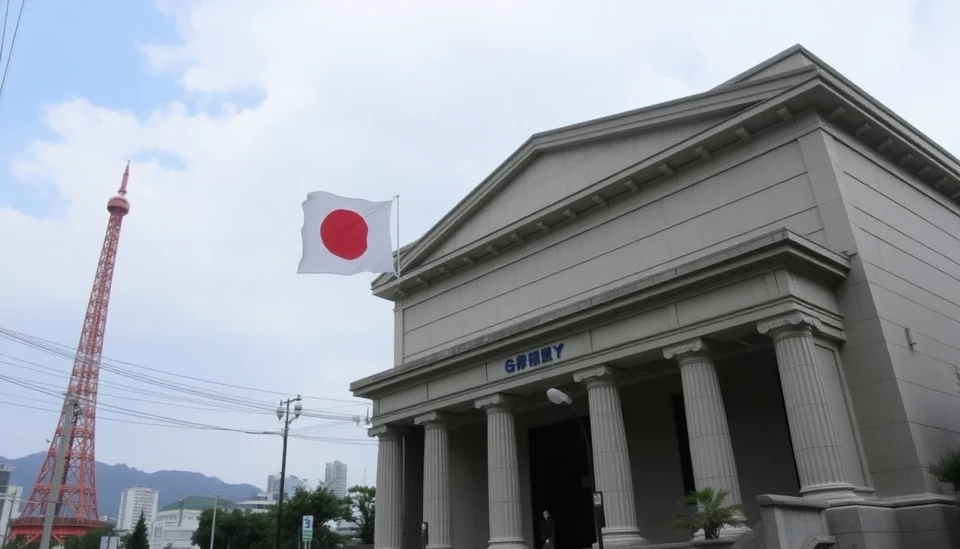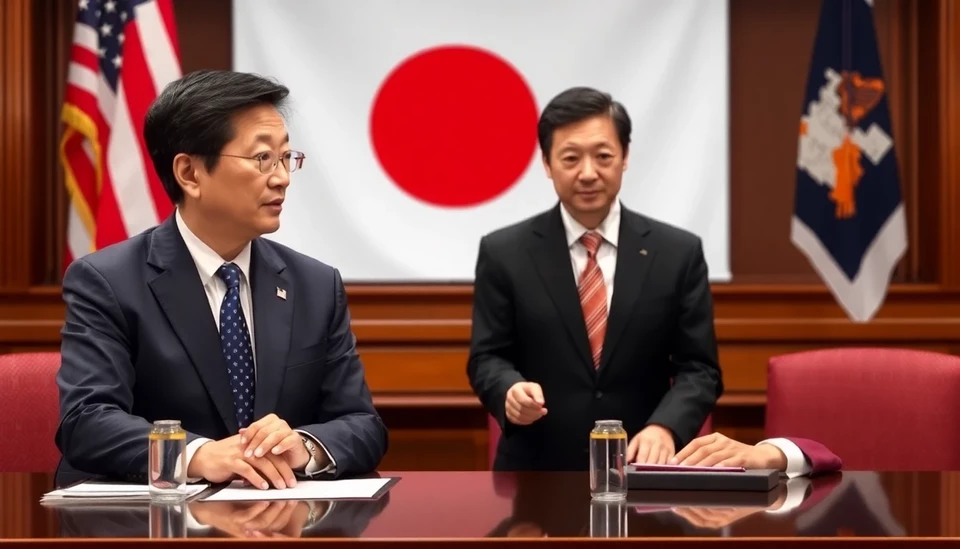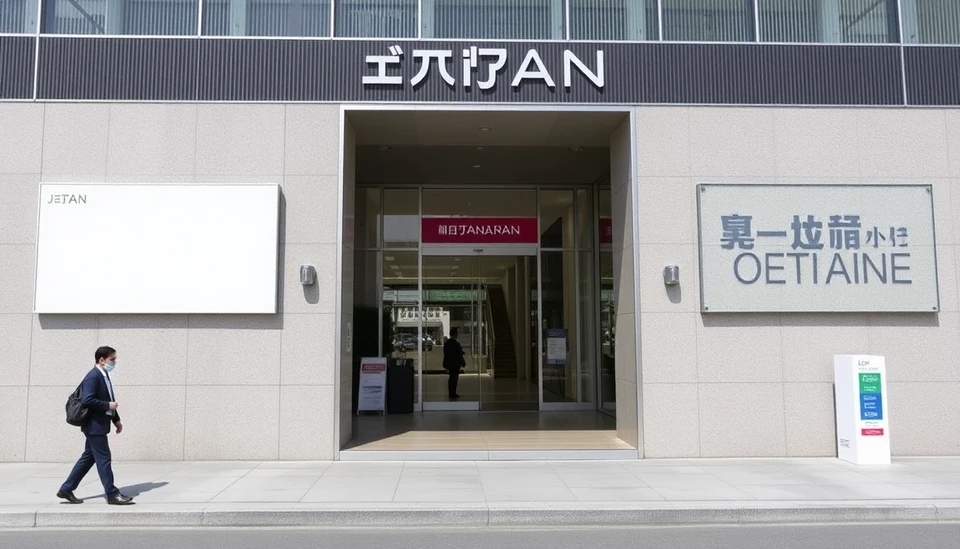
In a recent development that is drawing significant attention, Japan has reported an increase in inflation levels, which is compelling the Bank of Japan (BOJ) to gather more data before making any decisive moves regarding interest rate hikes. This uptick in inflation raises questions about the BOJ's strategy and economic outlook as it adjusts to changing market conditions.
The latest data showed that Japan's consumer prices, excluding fresh food, rose by 3.3% in November compared to the previous year. This marks an increase from the previous month, where the rise was recorded at 3.2%. The inflation figures signal a continuing trend that has implications for monetary policy and the broader economy. With prices climbing at such rates, the BOJ is faced with the challenge of ensuring that inflation aligns more closely with its target of around 2%—a goal that has proved elusive for years.
Governor Kazuo Ueda and his team at the BOJ have emphasized the need for a cautious approach, recognizing that the persistent inflationary pressure may afford the central bank little room for weakness. As the Japanese economy continues to grapple with the impacts of supply chain disruptions and rising global energy prices, the BOJ is keen on assessing data trends more rigorously before making any adjustments to interest rates.
The central bank’s stance has traditionally leaned toward maintaining low interest rates, but persistent inflation could pressure them to rethink this strategy, particularly as the global economy continues to evolve rapidly. The BOJ is notably focused on factors such as wage growth and consumer sentiment, which play a crucial role in justifying any potential hikes in interest rates. Analysts suggest that a more data-driven approach may be key to navigating these economic waters.
Furthermore, as Japan observes mounting inflationary signs, the policies from other central banks around the world, which have been increasing rates to combat inflation, may create additional pressure on the BOJ. This dynamic adds another layer of complexity considering Japan's unique economic circumstances, such as its aging population and long-standing deflationary mindset.
The upcoming months will likely be critical for the BOJ, as officials continue to strike a balance between fostering economic recovery and addressing inflation. The anticipation surrounding their next policy meeting is building, with market participants eagerly awaiting any hints regarding the future trajectory of interest rates and monetary policy adjustments.
As Japan's economic landscape evolves amid these inflationary pressures, the BOJ's response will hold significant implications not only for Japan but also for the global economic outlook. The decision-making processes in the coming period will be closely watched by economists, investors, and policymakers around the world.
#Japan #BOJ #Inflation #InterestRates #EconomicPolicy #KazuoUeda #MonetaryPolicy #GlobalEconomy #WageGrowth
Author: Rachel Greene




